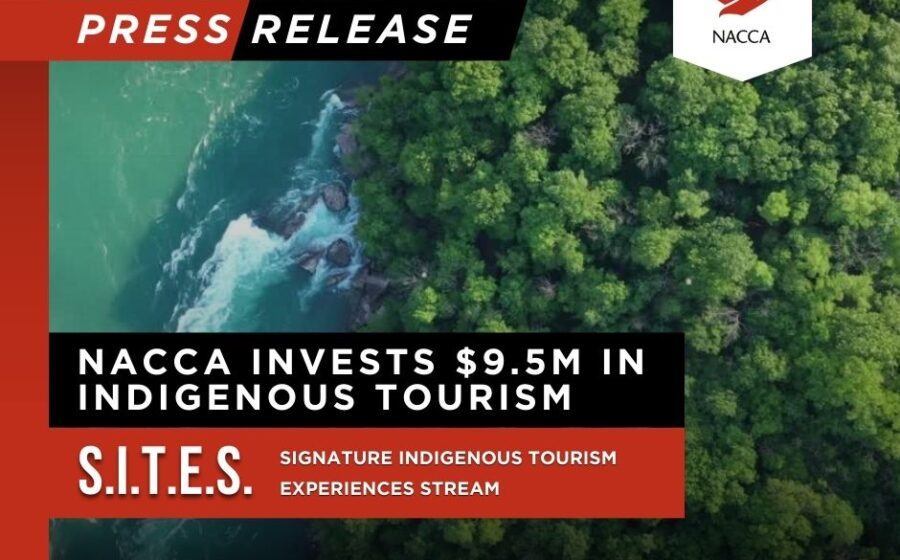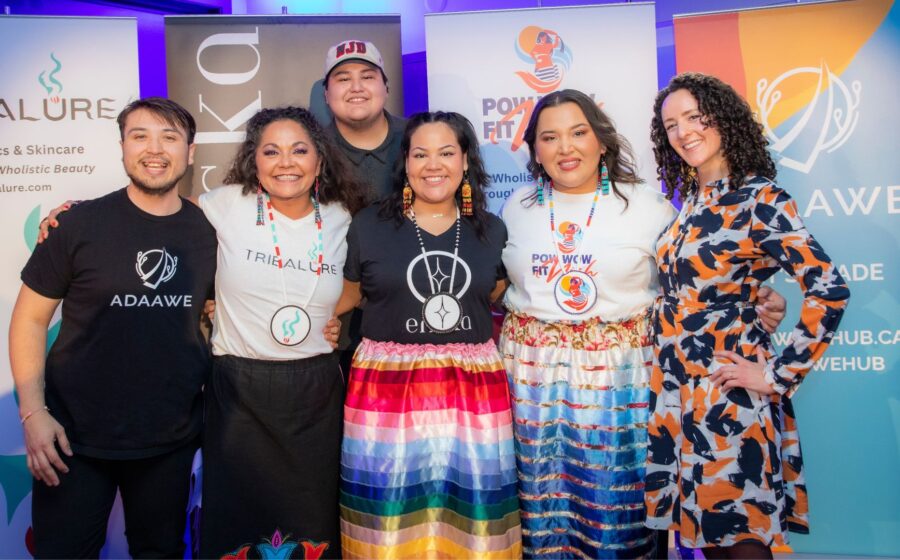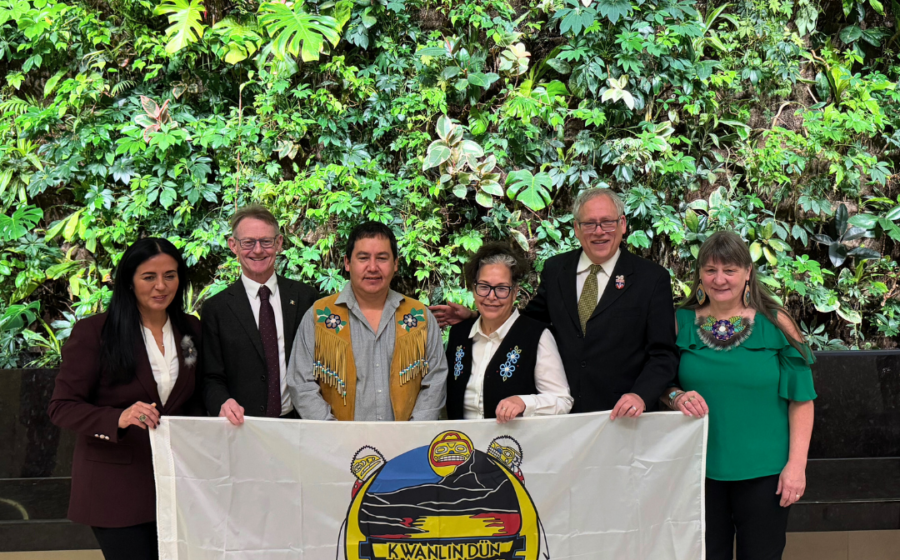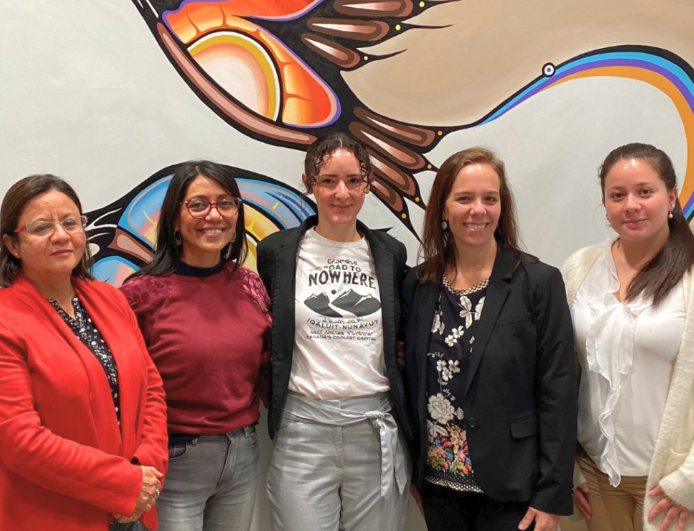NACCA Invests $9.5M in Indigenous Tourism Through S.I.T.E.S. Pilot
NACCA is excited to announce the latest recipients of the Signature Indigenous Tourism Experiences Stream (SITES) under the ISED Indigenous Tourism Fund! With a $9.5 million investment supporting 11 Indigenous-led tourism projects, this initiative enhances world-class First Nation, Métis, and Inuit tourism experiences, driving cultural preservation, economic growth, and sustainable local economies.
The first recipient, Kwanlin Dün First Nation’s Sky High Wilderness Ranch (Yukon), was announced in December 2024, using the funding to expand accommodations and cultural offerings. Today, NACCA unveils 10 additional Indigenous tourism businesses set to receive funding to elevate their unique and authentic experiences for travellers from around the world.
Read the full press release to learn more about these exciting projects:
NACCA SITES Press Release












